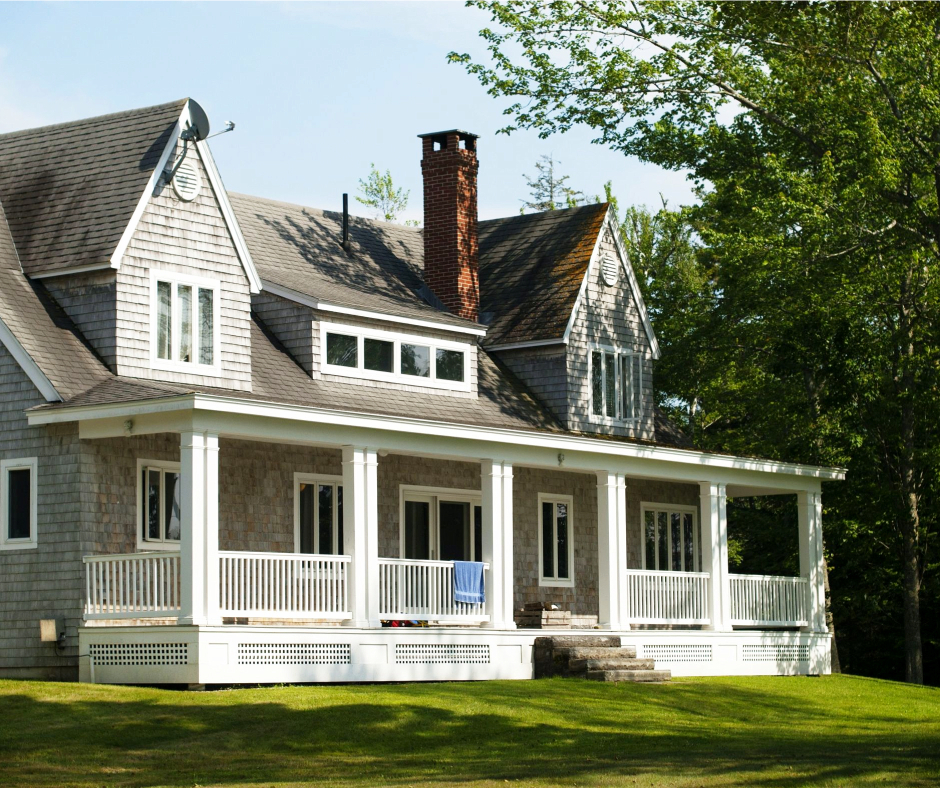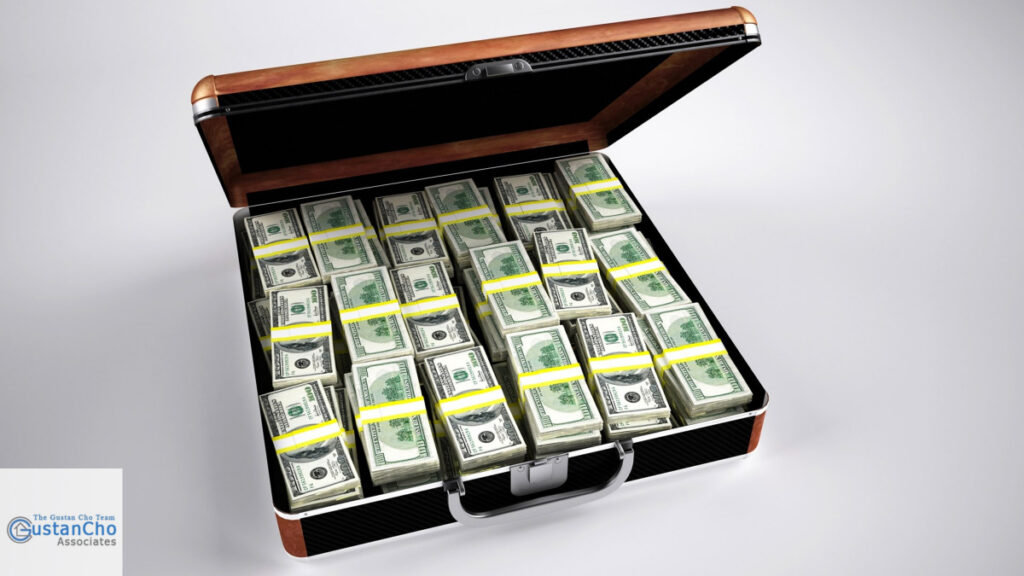Seller Concessions By Home Sellers For Buyer’s Closing Costs
Seller concessions are vital in real estate transactions, particularly in a buyer’s market where sellers aim to make their properties more attractive to potential buyers. These concessions, often used to cover a buyer’s closing costs, can facilitate a smoother and more financially viable transaction for both parties. This article explores the concept of seller concessions, how they work, their benefits, and potential drawbacks.
What are Seller Concessions?
Also known as seller contributions or seller assists, the seller provides incentives to help reduce the buyer’s out-of-pocket expenses. These can include costs associated with purchasing a home, such as closing costs, prepaid items (like taxes and insurance), and even repairs or improvements requested by the buyer.
How Do Seller Concessions Work?
In a routine real estate transaction, the buyer is responsible for several fees and expenses, collectively known as closing costs. These usually range from 2% to 5% of the home’s purchase price and include:
- Loan origination fees
- Appraisal fees
- Title insurance
- Property taxes
- Homeowner’s insurance
- Recording fees
When a seller agrees to concessions, they cover some or all of these costs, either by directly paying them or by providing a credit at closing. This credit reduces the amount of cash the buyer needs to bring to the table, making the home purchase more affordable.
Types of Seller Concessions
* Closing Cost Contributions: The most common form of seller concession, where the seller covers a portion of the buyer’s closing costs.
Prepaid Items include advance payments for property taxes and homeowner’s insurance.
* Home Repairs or Improvements: Sellers may agree to fund necessary repairs or upgrades as part of the negotiation.
Interest Rate Buydowns: The seller can contribute towards lowering the interest rate on the buyer’s mortgage and reducing monthly payments.
Talk to our Loan Expert about your mortgage enquiry
How To Cover Closing Costs With Seller Concessions
Home Buyers with only the down payment and to offset closing costs often request seller concessions towards closing costs. Most sellers will offer seller concessions. The realtors will negotiate the seller concessions when they negotiate the real estate purchase contract.
A seller concession, or seller contribution, is a dollar amount that a property seller will give a home buyer towards the buyer’s closing costs.
If you do not use up all of the seller’s concession and have a seller concession overage, then the leftover proceeds go back to the seller and not the buyer. It is illegal for homebuyers to keep any overage in seller concessions. Any overage needs to go back to the home seller.
Benefits of Seller Concessions
- For Buyers:
Reduced Upfront Costs: Seller concessions can significantly lower the cash needed at closing, making homeownership more accessible, especially for first-time buyers.
Increased Buying Power: With reduced out-of-pocket expenses, buyers may afford a higher-priced home than they initially thought possible.
Flexibility in Negotiation: Concessions provide room for negotiation, allowing buyers to tailor the deal to better suit their financial situation. - For Sellers:
Attracting More Buyers: Offering concessions can make a property even more attractive, potentially leading to a quicker sale.
Competitive Advantage: Concessions can differentiate a seller’s property in a competitive market.
Facilitating the Sale: Concessions can address issues that might otherwise be deal-breakers, such as necessary repairs or buyer financing challenges.
Kickbacks Are Not Allowed With Overages
Giving the leftover seller concession to the home buyer is known as a kickback and it is not allowed. The Federal Housing Administration (FHA) allows up to 6% seller concession for FHA-insured mortgage loans. Conventional mortgage loans allow up to a 3% seller concession towards a buyer’s closing costs on owner-occupant properties. Conventional loans allow a 2% seller concession on investment property financing. VA loans allow up to 4% seller concession. USDA allows up to 6%. Seller concessions can only be used for closing costs and not towards the down payment.
Typical Closing Costs
Closing costs are the following:
- title charges
- attorneys fees
- transfer stamps
- transfer taxes
- homeowners insurance
- other costs and fees associated with closing the loan
- Seller concession overage cannot be used towards the down payment
Any overages in seller concession need to go back to the seller.
Do Not Waste Overage in Seller Concession
If borrowers have overage in seller concessions, the loan officer needs to use it for additional closing costs such as the following:
- Buying down the rate
- Paying upfront mortgage insurance upfront and not rolling into the loan
Can You Use Seller Concession Overage For Cash To Close and Closing Costs?
Homebuyers will be required to come up with the down payment and closing costs on a home purchase. Down payment funds are normally a 3.5% down payment for FHA-insured mortgage loans. 5% down payment for conventional mortgage loans. No down payment requirement on VA home loans and USDA loans. On top of the down payment, there are closing costs.
Closing costs vary depending on the county and the state of the property is in. Closing costs can range anywhere from 2% to 5% or more.
Most sellers have no problem giving a seller concession to a home buyer. Let’s take a case scenario. Say a home seller wants a bottom-line net price of $100,000 and not a dime less. The home buyer is requesting a 6% seller concession since it is an FHA-insured mortgage loan.
Connect With Our Loan Officer to Seller Concession Enquiry
How Overages in Seller Concession Works?
As mentioned earlier, overages in seller concession cannot go to the home buyer. If all of the funds cannot be used for closing costs, it goes back to the seller. It needs to go back to the seller. However, if there are overages in seller concessions, borrowers do not want to waste them. Many times when I run into overages in seller concession, I use the excess funds to buy down the mortgage loan borrower’s mortgage rates. Loan Officers normally advise buying down mortgage rates by paying points.
Frequently Asked Questions (FAQs)
- What are seller concessions?
Seller concessions are incentives the seller provides to help reduce the buyer’s out-of-pocket expenses during the home purchase process. These include covering closing costs, prepaid items, or funding necessary repairs or improvements. - Why would a seller offer concessions?
Sellers offer concessions to make their property more attractive to potential buyers, especially in a competitive market. Concessions can facilitate a quicker sale, address buyer concerns, and allow buyers to afford higher-priced homes. - What types of costs can seller concessions cover?
Seller concessions can cover a variety of costs, including:
– Closing costs (loan origination fees, appraisal fees, title insurance, etc.)
– Prepaid items (property taxes, homeowner’s insurance)
– Home repairs or improvements
– Interest rate buydowns - How much can a seller contribute to closing costs?
The amount that a seller can contribute depends on the type of loan:
* Conventional Loans: Up to 3% to 6% of the purchase price, it depends on the down payment.
* FHA Loans: Up to 6% of the sales price.
* VA Loans: Up to 4% of the sales price.
* USDA Loans: Generally up to 6% of the purchase price. - Do seller concessions affect the home’s sale price?
Seller concessions can sometimes result in a higher sale price if the seller increases the home’s price to offset the cost of the concessions. This may impact the buyer’s loan amount and interest over time. - Can seller concessions impact the appraisal?
If the sale price is increased to cover concessions, it must still align with the home’s appraised value. If the appraisal comes in lower than the agreed sale price, it can create financing challenges for the buyer. - Are seller concessions common?
Seller concessions are relatively common, particularly in a buyer’s market where sellers compete to attract buyers. They are also frequently used in negotiations to address buyer concerns or financial constraints. - How do seller concessions benefit buyers?
Seller concessions can significantly reduce the cash needed at closing for buyers, making homeownership more accessible. They can also provide financial flexibility and increase buying power. - How do seller concessions benefit sellers?
Concessions can make sellers’ properties more attractive, leading to a quicker sale. They can also help resolve potential deal-breakers, such as necessary repairs or buyer financing issues, and give the seller a competitive edge. - Are there any downsides to seller concessions?
While beneficial, there are potential downsides. For buyers, a higher purchase price can lead to a larger loan and more interest over time. For sellers, offering concessions reduces their net proceeds from the sale. Additionally, extensive concessions give the impression that the property needs to be more affordable or have underlying issues.
Paying down the rate by paying points is part of closing costs. Borrowers can also use it for paying upfront FHA Mortgage Insurance Premium instead of rolling the FHA MIP into the balance of their FHA loan. Home Buyers who need to qualify for a mortgage with a direct lender with no mortgage overlays can contact us at Gustan Cho Associates at 800-900-8569 or text us for a faster response. Or email us at gcho@gustancho.com. The team at Gustan Cho Associates, Inc. is available 7 days a week, on evenings, weekends, and holidays.


